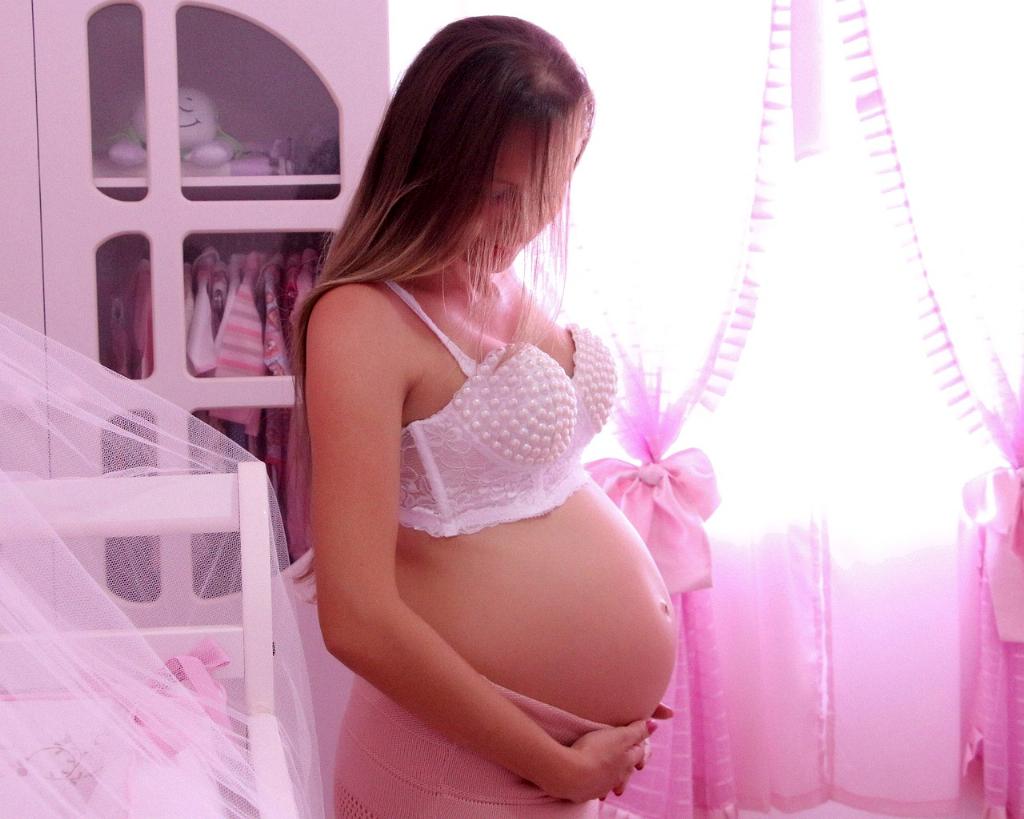When it comes to Respiratory Syncytial Virus (RSV), the potential for transmission from parent to child is a valid concern that many parents have. The short answer is yes, a mom can indeed give her baby RSV, but let’s delve deeper into the specifics to better understand this potential risk.
RSV is a common virus that affects the respiratory system, particularly in infants and young children. Adults, including moms, can carry and transmit the virus to their babies unknowingly, as the symptoms of RSV can mimic those of a typical cold.
Parents and caregivers play a crucial role in preventing the spread of RSV to infants, especially during the peak seasons when the virus is more prevalent. Simple measures such as frequent handwashing, avoiding close contact when feeling unwell, and disinfecting commonly touched surfaces can help reduce the risk of transmission.
It’s important to note that while moms can potentially transmit RSV to their babies, anyone in close contact with the infant can pose a risk of exposure. Siblings, grandparents, and other caretakers should also take precautions to prevent the spread of the virus.
One of the challenges with RSV is that the virus can be contagious even before symptoms appear. This means that a mom or another caregiver may be unknowingly spreading the virus before realizing they are infected. Awareness and vigilance are key in minimizing the risk of transmission.
For moms who suspect they may have RSV or have been in contact with someone who does, it is advisable to limit close contact with their baby until they are no longer contagious. Seeking medical advice and following proper hygiene practices can also help in preventing the spread of the virus.
While it is essential to be cautious about the potential transmission of RSV from a mom to her baby, it’s also crucial not to panic. Most cases of RSV in infants result in mild symptoms that can be managed at home. However, in some cases, particularly for high-risk infants, RSV can lead to more severe respiratory issues.
Understanding the risks and taking preventive measures can help protect infants from RSV. Keeping the environment clean, avoiding exposure to sick individuals, and following good hygiene practices are simple yet effective ways to reduce the risk of transmission.
If a mom suspects her baby may have been exposed to RSV or is showing symptoms of the virus, seeking medical advice promptly is essential. Early detection and proper management can help prevent complications and ensure the baby receives the necessary care.
Overall, while the possibility of a mom giving her baby RSV does exist, being informed and proactive in preventing the spread of the virus can significantly reduce the risk. By staying vigilant and practicing good hygiene, parents can help protect their infants from respiratory illnesses like RSV.
Remember, knowledge is power when it comes to safeguarding the health and well-being of your little ones.

